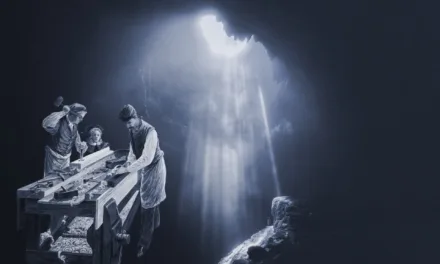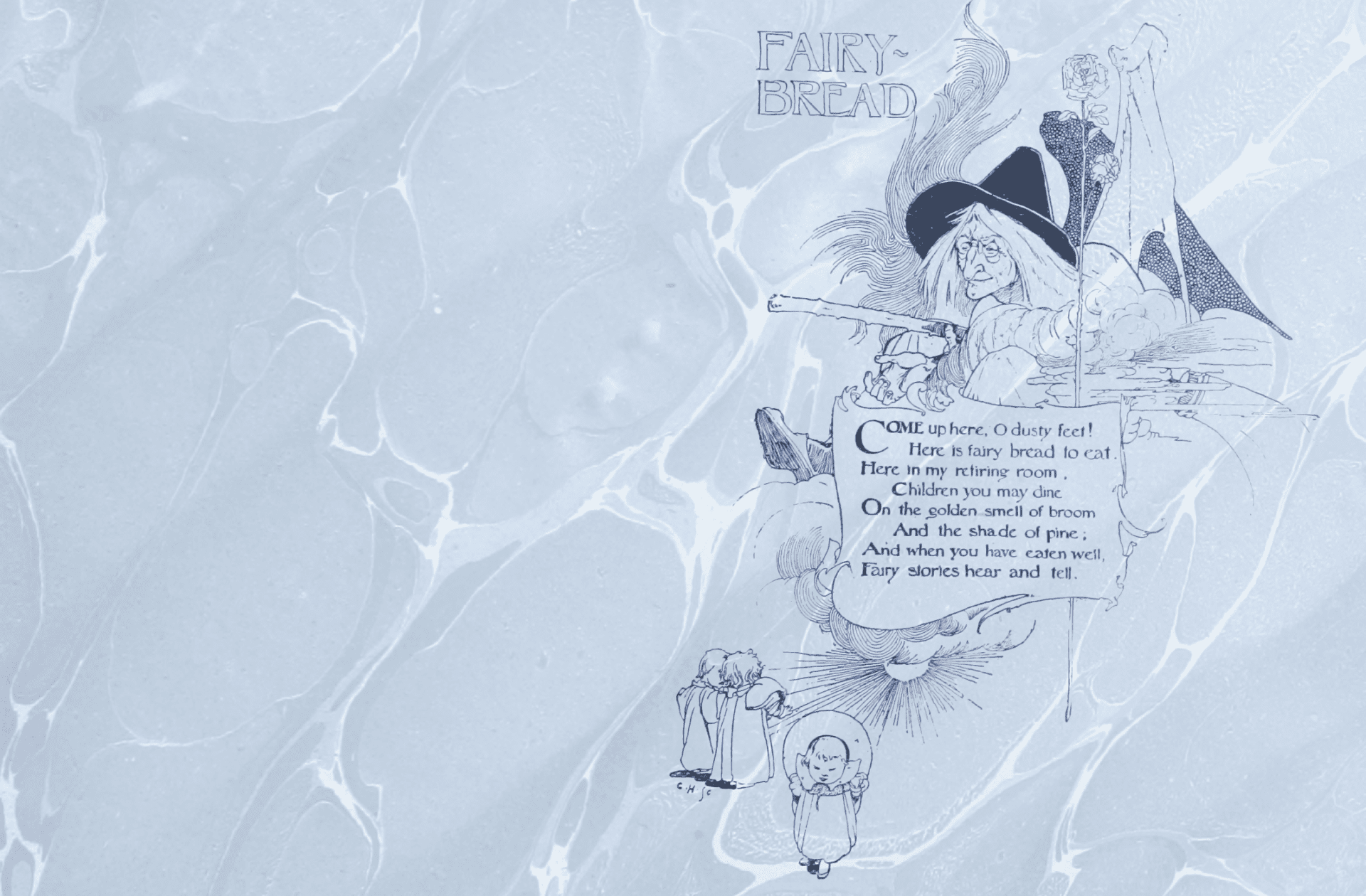
How do you come up with a theme for your story?

“I’m not sure where the heart of my story is. How do I figure out the theme of the story so I can flesh out the details (without changing my mind next week)? Do you start with a theme and build a story around it, or does the theme emerge as you write?”
Themes are so personal, and different writers with different goals will approach it differently.
Many writers struggle with pinning down their themes, and it’s no wonder. Themes are deeply personal, emerging from our own experiences, beliefs, and the questions that keep us up at night.
Some writers meticulously plan their themes before writing a single word, while others discover them organically as their story unfolds. Neither approach is inherently better. Personally, I do a mixture of both. What matters is finding a process that works best for you.
What is a theme?
At its core, a theme is the central message or underlying meaning of your story. It’s what you want your readers to take away after from the story after they’ve turned the last page.
Your story’s theme is the truth or observation that your narrative explores. This can work on multiple levels:
Universal themes are the big ideas that resonate across cultures and time periods, like love, grief, redemption, power, or identity. These broad themes give your story a foundation that readers can connect with.
But themes can also be more specific and nuanced. A story about a chef might explore the theme of “food as memory,” examining how tastes and smells connect us to our past. A novel about siblings could delve into “the complexity of shared childhood trauma,” looking at how different people process the same experiences.
The most powerful stories often layer these themes, perhaps combining a universal theme like “the search for identity” with a more specific exploration of “how social media shapes modern self-expression”.
Starting with a theme
Some writers like to have their theme tied down before they write. Personally, I take a hybrid approach. I usually have a universal theme I know in advance that I want my story to cover, but I let myself discover the more specific themes as the story progresses. But I know many writers who work theme-first and develop the story around it.
Starting with a theme can be like having a compass for your narrative. It guides your creative decisions and helps you stay focused on what you want to say.
Benefits of starting with a theme
When you begin with a clear thematic intention, you gain:
- A strong sense of purpose and direction.
- A framework for making plot decisions.
- Clear character motivations and arcs.
- Natural unity across story elements.
- Built-in conflict possibilities.
- Focused opportunities for symbolism.
How to develop story from a theme
Let’s say you want to explore the theme of “sacrifice for family.” If you knew this in advance, you might consider the following when developing the plot. It may help you:
- Create characters who embody different views on family obligation.
- Design plot points that force difficult choices between personal desires and family needs.
- Build a setting that reinforces the weight of family legacy.
- Develop subplots that echo or contrast with your main theme.
- Include symbols and motifs that reinforce ideas of family bonds.
These examples are to a specific theme, however, the same can be applied to almost anything. If you know your theme in advance, all your character, setting, and relationship decisions will combine with that knowledge so you can be targeted in how you approach them.
Making it natural
The tricky thing about having your theme fully decided before you start writing is that it can be hard to let your theme inform your story without dominating it. Your readers shouldn’t feel like they’re being taught a lesson, which can very easily happen if you overwork your theme. Instead:
- Let your characters struggle with the theme in natural ways. Treat them like people and let them react to situations that way.
- Allow for complexity and nuance. Not everything has to be simple or easy to understand.
- Include moments that challenge or question the theme.
- Balance thematic elements with a well-paced plot and character development.
- Leave room for readers to draw their own conclusions. Don’t spoon feed them all the information.

Write more, write better, and achieve your goals with Novlr!
Discovering your theme through writing
Letting your themes emerge naturally as you write can be like archaeology. You’re carefully uncovering the meaning buried within your own subconscious as you write. Some of the most profound themes come from this process of discovery, revealing truths you didn’t even know you wanted to explore, but it does require you to pay attention to yourself and your writing process.
A theme won’t necessarily just jump out at you. You have to be open to the process of discovery and be willing to make changes and edits when you finally settle on what you want to say.
Benefits of discovering theme
When you allow your themes to emerge naturally, you gain:
- Thematic development that grows from your story, rather than building your story around it.
- The freedom to explore your narrative without your own preconceptions.
- Layers of meaning that surface organically.
- Themes that will surprise you, and therefore will also surprise the reader.
How themes emerge through writing
If you’re letting your themes reveal themselves to you as you write, then there are some things you’ll need to pay attention to as you go. These might include:
- Character decisions and their consequences.
- Recurring patterns in your narrative.
- Conflicts that keep appearing in different forms.
- Questions your characters frequently wrestle with.
- Imagery and metaphors that naturally arise.
For example, you might start writing about a character leaving their hometown, focusing on the plot and character development. As you write, you begin to notice patterns. Perhaps every major decision involves choosing between comfort and growth, or your descriptions keep returning to images of roots and wings. These patterns can reveal deeper themes about belonging, self-discovery, or the tension between stability and change.
How to recognise and develop emerging themes
Once you notice potential themes in your work, you must:
- Pay attention to recurring elements in your story. Make sure you’re not overusing them, and that they form something cohesive.
- Look for connections between different plot threads. If you mapped them all out, is there a unifying strand that connects them all?
- Consider what questions your characters keep facing. What are there primary conflicts, and do they have any connections?
- Notice patterns in your metaphors and imagery. Do you use certain imagery regularly? What does it mean to you?
- Think about what draws you emotionally to certain scenes. What did you have the most fun, or the hardest time writing? Why do you think that is?
- Allow yourself to explore unexpected thematic directions. Did your plot move in a direction you weren’t expecting? Is there any underlying meaning to that shift?
Practical ways to develop theme
No matter what point of your plotting or writing journey you decide to look at theme, here are some questions you should always ask:
- Look to your characters: What do they want? What are they afraid of? What lessons do they learn? How do they change?
- Examine your plot: What conflicts arise? What choices do your characters face? What consequences follow their actions? Are there any patterns that emerge?
- Look to yourself: What subjects interest you? What questions keep you up at night? What experiences have shaped you? What beliefs drive you?
- Draw from real life: What universal struggles affect you the most? Which human experiences touch you emotionally? What social issues are you passionate about? Is there any moral ambiguity you see in the world around you?
Questions to ask yourself
When developing themes, consider:
- What questions does your story ask (even if there’s no clear answer)?
- What truths does it reveal?
- Why does this story matter?
- What do you want readers to think about?
- How does your story reflect human experience?
Whether you start with a theme or discover it along the way, what matters is creating a story that resonates with meaning. Trust your creative process. Whether you control the narrative completely or stay open to discovery, just make sure you have something to say.




























